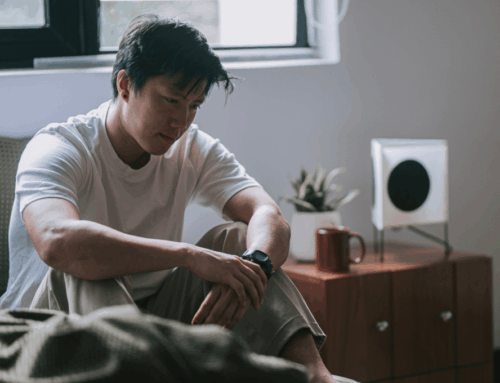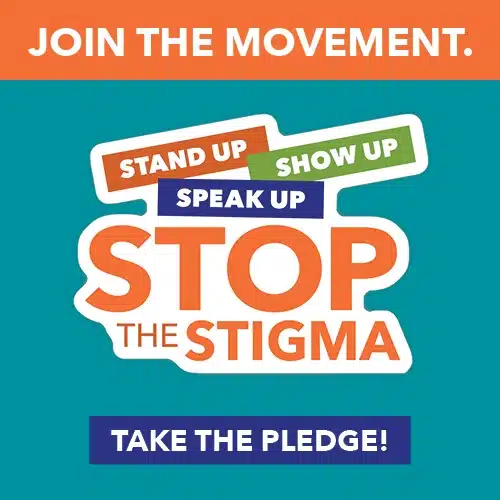“While everyone – all colors – everyone is affected by stigma – no one wants to say ‘I’m not in control of my mind.’ No one wants to say, ‘The person I love is not in control of [their] mind.’ But people of color really don’t want to say it because we already feel stigmatized by virtue of skin color or eye shape or accent and we don’t want any more reasons for anyone to say, ‘You’re not good enough.'” – Bebe Moore Campbell
July is BIPOC Mental Health Month, formally recognized as Bebe Moore Campbell National Minority Mental Health Awareness Month in 2008 by a bipartisan and bicameral Congress. Oaks seeks to provide tools and support for all individuals battling mental health challenges, and as highlighted by Mental Health America, we must not ignore how and where this month started: in the hands of a woman wanting a better experience for her child living with mental illness.
Bebe Moore Campbell began her journey as a mother who struggled to support her daughter battling mental illness and a system that prevented her daughter from getting help and support. She founded NAMI-Inglewood, a Los Angeles mental health support facility, in a predominantly Black neighborhood to create a space that was safe for Black people to talk about mental health concerns. Over the course of her life, Bebe took on several roles, including activist and author, using storytelling to give insight into the people that deserved more of a voice – Black women, caregivers of those with mental health conditions, Black individuals living with mental health conditions, and all people of color.
Learn more about Bebe’s history with NAMI-Inglewood here.
Throughout her time as an advocate, Bebe made her way to Washington D.C. On June 2, 2008, Congress formally recognized Bebe Moore Campbell National Minority Mental Health Awareness Month to bring awareness to the unique struggles that underrepresented groups face in regard to mental illness in the United States. July would not be dedicated to the mental health and well-being of individuals and communities of color if it were not for the tireless work of Bebe, her loved ones, and other mental health advocates who took on this work after she passed away.
Today, we celebrate BIPOC Mental Health Month, with BIPOC (Black, Indigenous, and people of color) as the preferred term by many cultural groups. Bebe’s legacy continues to inspire a national movement for mental health equity. The movement focuses on the creation of a health justice ecosystem grounded in effective care, universal compassion, cultural humility, and the use of appropriate mental health interventions instead of harmful criminal legal interventions.
For additional resources about the movement, you can listen, read, and watch:
- Therapy for Black Girls; Session 265
“An Oral History of Minority Mental Health Awareness Month” - TEDx Talk: Changing views on mental health in the Black community
- Mental Health America: Health Care Disparities Among Black, Indigenous, and People of Color
- Back to Basics Webinar: Impact of Culture on Mental Health Conversations
- “Stories of Courage, Culture, and Community” Docuseries: National Alliance on Mental Illness
Oaks Integrated Care remains dedicated to staying informed about BIPOC mental health and supporting all individuals battling mental illness. If you or someone you know is looking for guidance in the treatment process, Oaks is here to help. To learn more about our mental health services or schedule an appointment, call our Access Center at 1-800-963-3377 or fill out our contact form.









